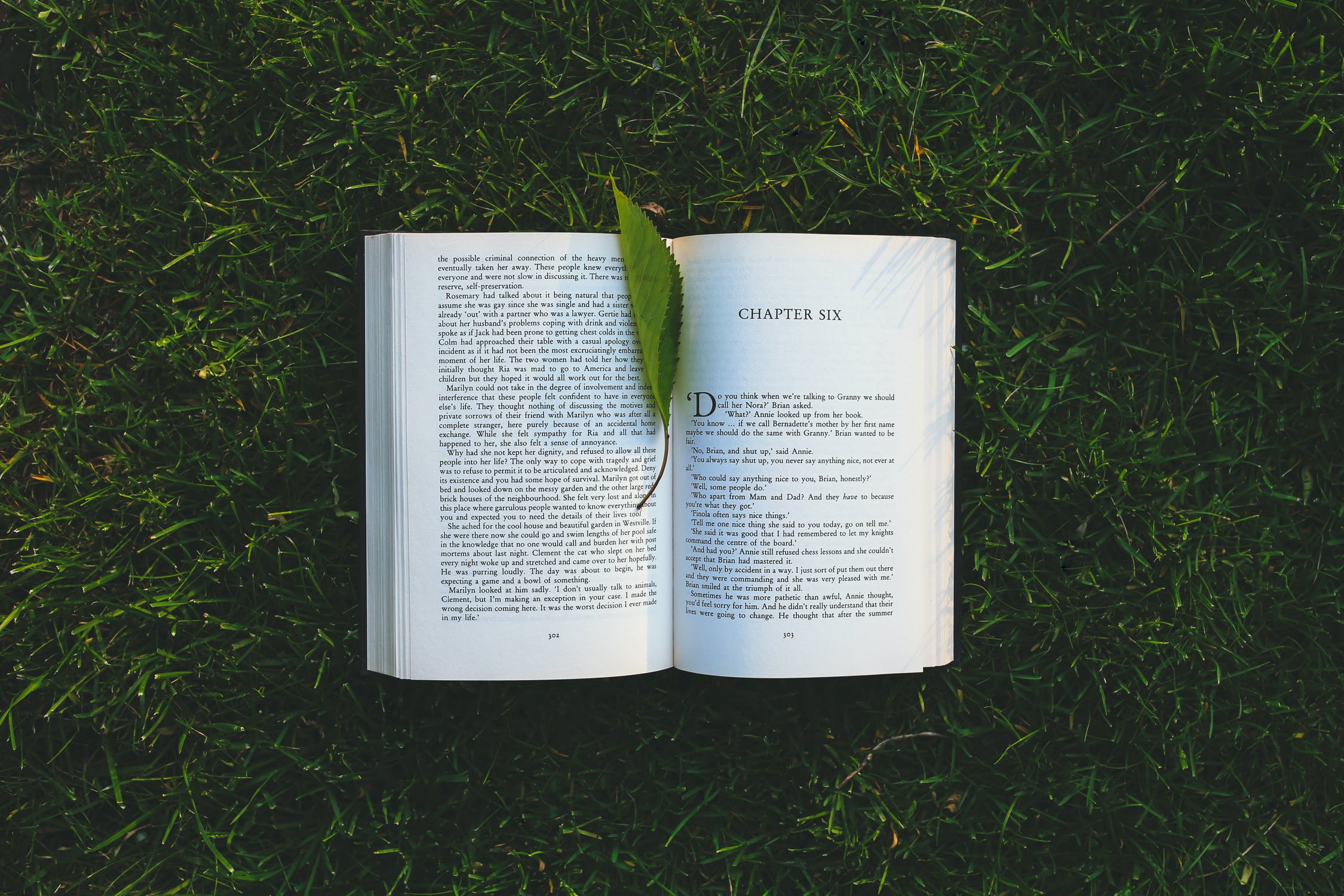18 months. That’s how long it took me to finish “Wuthering Heights”. 18 months. Usually, I’m pretty quick to finish a book (by no means is that a flex; why do people boast about how many books they’ve read in a short space of time??), but every time I picked up this sad, drooping, gothic classic, I instantly wanted to put it back down. Couldn’t wait to put it down again- isn’t that the very opposite of every review left on every blurb ever?
See, although the monotonous storyline and reprehensible characters made me despise every moment spent with the book, I forced myself to drudge on to the bitter, boring end for the sake of its highly praised critical reviews and hefty label as a “timeless classic”. Well, that and the fact that I’d always been curious about it since reading that it was Bella Swan’s favourite book. Badly written and full of terrible clichés as it was, I will admit to enjoying “Twilight” far more than Emily Bronte’s revered legacy.
“Wuthering Heights” is just one example of many literature legends that I’ve failed to enjoy. “Fahrenheit 451” was the most recent culprit. Try as I may, I simply cannot enjoy a book if it lacks a gripping, character-driven story. And a lot of the time, I do not find these two essential qualities for my enjoyment in classical literature, particularly as critics seem to ignore the fantasy genre all together, save for my much-loved Tolkien. Perhaps one of the only exceptions for this personal preference has been “The Great Gatsby”, my copy of it being well-thumbed, highly annotated and dearly treasured. The characters are indeed reprehensible, and the plot not all together thrilling, yet I thoroughly adored the novel each of the nine times I read it. There are also many classics that I have whole-heartedly cherished in the presence of those prior stated qualities I look for, Shakespeare (I know, playwright and poet, not an author) being highest on the list. I am not, therefore, claiming that all world-renowned works of literature are stuffy pages made tedious with unlikeable characters and continuous monologues about how human nature is inherently self-centred and sex driven.
What I am getting at, however, is that you shouldn’t read a book- classic or contemporary- just because some pompous, privileged white guy reviewed it as an “unmissable” read that will “illuminate your understanding of human nature”. And certainly, don’t read it just to give you an upper hand in a conversation with a pack of pretentious wannabes. I entirely agree with reading books that will intellectually challenge you or stimulate new ways of thinking, but don’t struggle on just for sake of saying, “Oh yes, I’ve read that one too”. Inside intellectual circles there can be such a shame game about the authors you enjoy, but I say read on! Heck, they might not write with a genius flare that sparks a revolution, or go down in history for the way their unfortunate, gloomy life inspired their equally unfortunate, gloomy plots, but if it makes you feel, if it makes you want more, if it influences your dreams and gets you to keeping turning those goddam beautiful pages then read away! Because, when it all boils down to it, life is far too short for “good” books.
Beanna Olding

